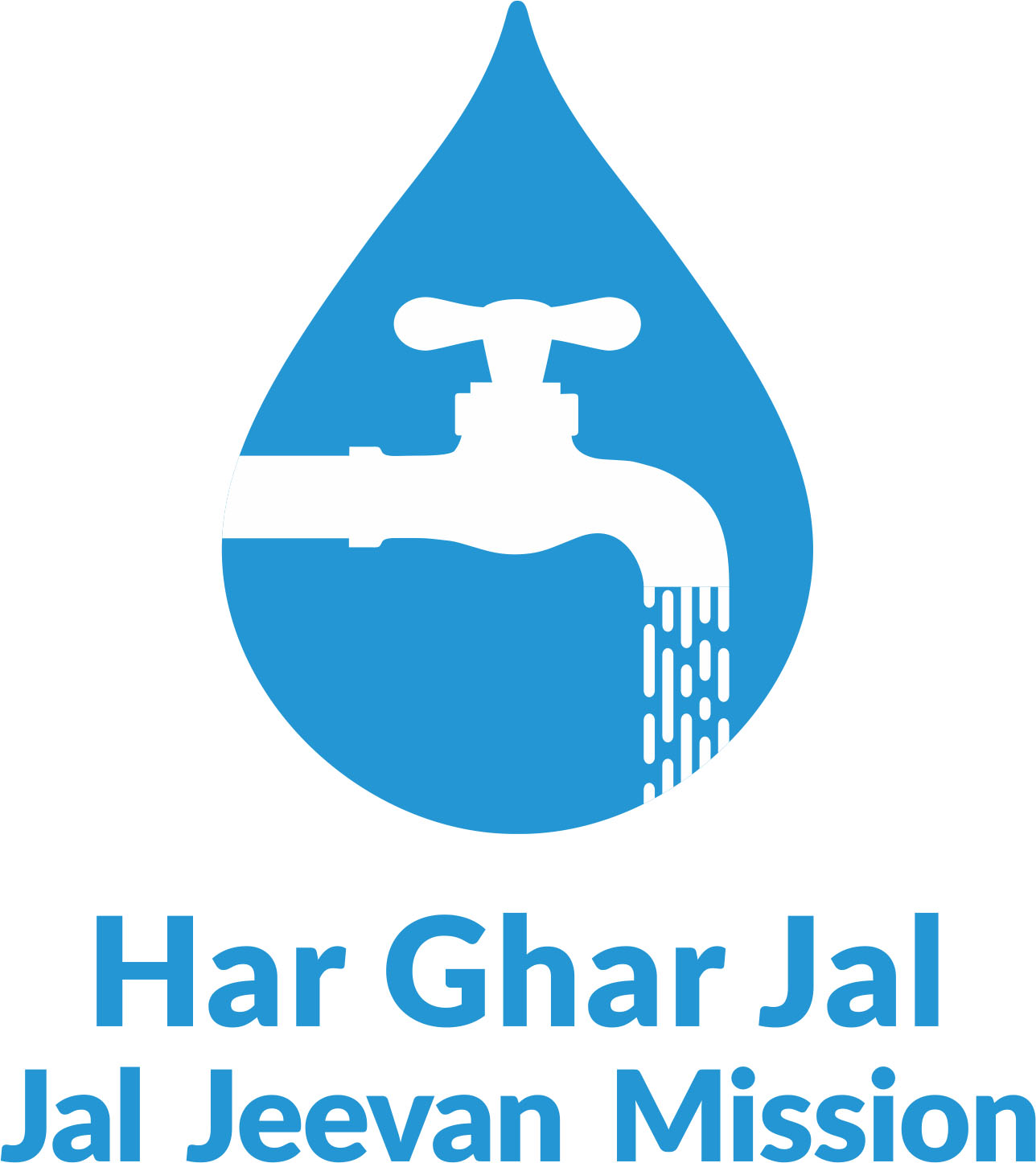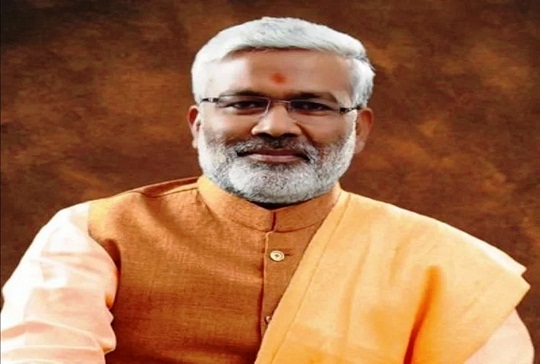
Jal Jeevan Mission Remains a Pipe Dream
The Jal Jeevan Mission (JJM), a flagship government scheme to provide piped water to every rural household by 2024, remains a pipe dream for many. While the government has made significant progress in achieving the mission’s goals, over 30% of rural households in India still do not have access to piped water.
One of the biggest challenges facing the JJM is the lack of water resources in many parts of the country. In some states, such as Rajasthan and Gujarat, groundwater levels are rapidly declining, making it difficult to provide piped water to every household.
Another challenge is the high cost of building and maintaining water infrastructure. The JJM has a budget of over Rs 3.6 lakh crore, but even this is not enough to meet the needs of all rural households.
In addition to these challenges, there are also concerns about the quality of water being supplied under the JJM. In some cases, water contamination has led to outbreaks of waterborne diseases.
Despite the challenges, the government is committed to achieving the goals of the JJM. It has already made significant progress in increasing the number of rural households with access to piped water. However, more needs to be done to ensure that every rural household in India has access to clean and safe drinking water.
Impact on Rural Households
The lack of access to piped water has a significant impact on rural households. It forces people to spend a lot of time and energy fetching water from distant sources. This can lead to health problems, especially for women and children.
The lack of access to piped water also makes it difficult for rural households to maintain hygiene and sanitation. This can lead to the spread of diseases.
The JJM has the potential to improve the lives of millions of rural people in India. By providing piped water to every rural household, the government can help to improve health, hygiene, and sanitation. This can lead to a number of benefits, including increased productivity and economic growth.
Conclusion
The Jal Jeevan Mission is a ambitious and important scheme. It has the potential to improve the lives of millions of rural people in India. However, there are still a number of challenges that need to be addressed in order to achieve the mission’s goals. The government needs to work with stakeholders to address these challenges and ensure that every rural household in India has access to clean and safe drinking water.




